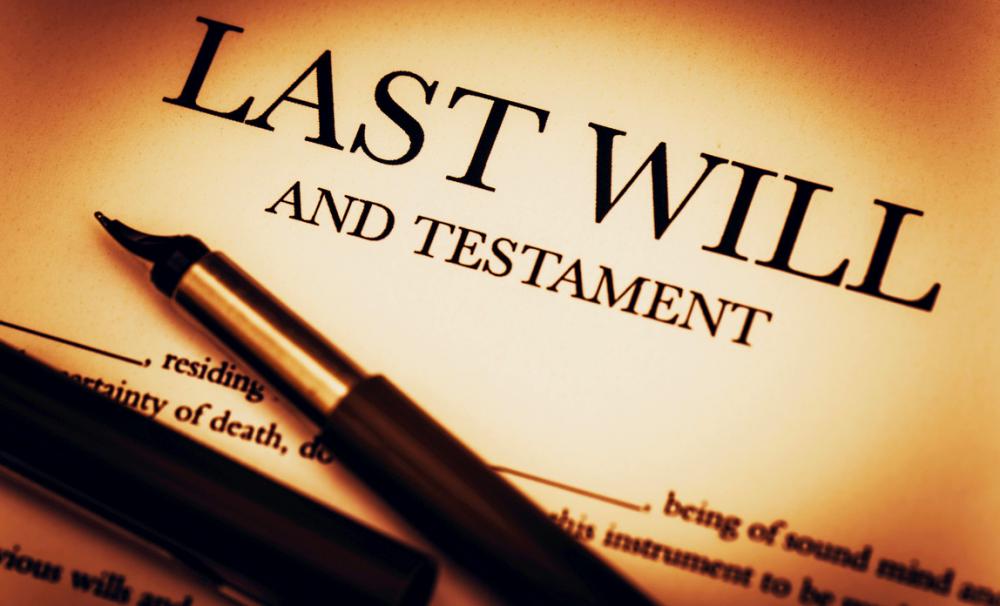|
A will tells everyone what should happen to your money, property and possessions after you die (all of these things together are called your ‘estate’). Thinking about making a will seems like a morbid subject. However, life is uncertain and we don't know when we may go. So here are six (6) good reasons why you should consider making a will:
1. You get to decide how your estate would be distributed amongst your loved ones.
If you die without a will there’s no guarantee that your intended desires would be carried out. If you don’t leave a will, the law (the Administration of Estates Act to be exact) determines who your estate will be distributed to and this might not be in line with your wishes.
2. You get to decide who will wind up the affairs of your estate.
When you create a will you can choose who would be the person in charge of administering your estate; this person is known as the “executor.” The executor makes sure all your affairs are in order, including paying off your outstanding bills and notifying the bank and other business establishments of your death. The executor also distributes the different parts of your estate to the persons you intended it to be left to. You would want to appoint someone who is honest, trustworthy and organised (who may or may not be a family member).
3. You can make gifts and donations.
Having a will allows you the option to donate part of your estate to a favourite charitable organisation or cause that is important to you. Doing this allows your legacy to live on and reflects your personal values and interests.
4. You can disinherit persons who would otherwise stand to inherit.
If you die without a will, the Administration of Estates Act will determine how your estate will be distributed. This opens up the possibility of persons you don’t desire to get a share of your estate getting a share, for example, an estranged spouse that you separated bitterly from but never divorced. By having a will you can disinherit certain individuals because wills specifically outline how you would like your estate distributed and exactly to whom.
5. You can change your will as life circumstances change.
Once you’re alive and mentally sound, you can change your will if you wish to. A will can be revoked and a new one made to replace it. Life is fluid and changes such as births, deaths, divorce or purchasing more property can create situations where changes to your will are needed (and can be made).
6. You can make a difficult time less difficult.
Losing someone is incredibly difficult, and the last thing any of us want to do is spend those hard times arguing with family members. Having a will helps to minimize any family confrontations and fights about your estate that may arise. A will provides a set guideline as to who gets what and gives your family members clarity as to what your desires were in regard to your estate.
Important Notice: This post does not constitute legal advice. Always consult with an attorney on any legal problem or issue.
This website is managed by AURORA Chambers; a law practice in Trinidad and Tobago. Click HERE to receive updates straight to your inbox by subscribing to our newsletter.
0 Comments
Leave a Reply. |
Categories
All
Archives
June 2024
|
LawForAllTT.com |
|









 RSS Feed
RSS Feed